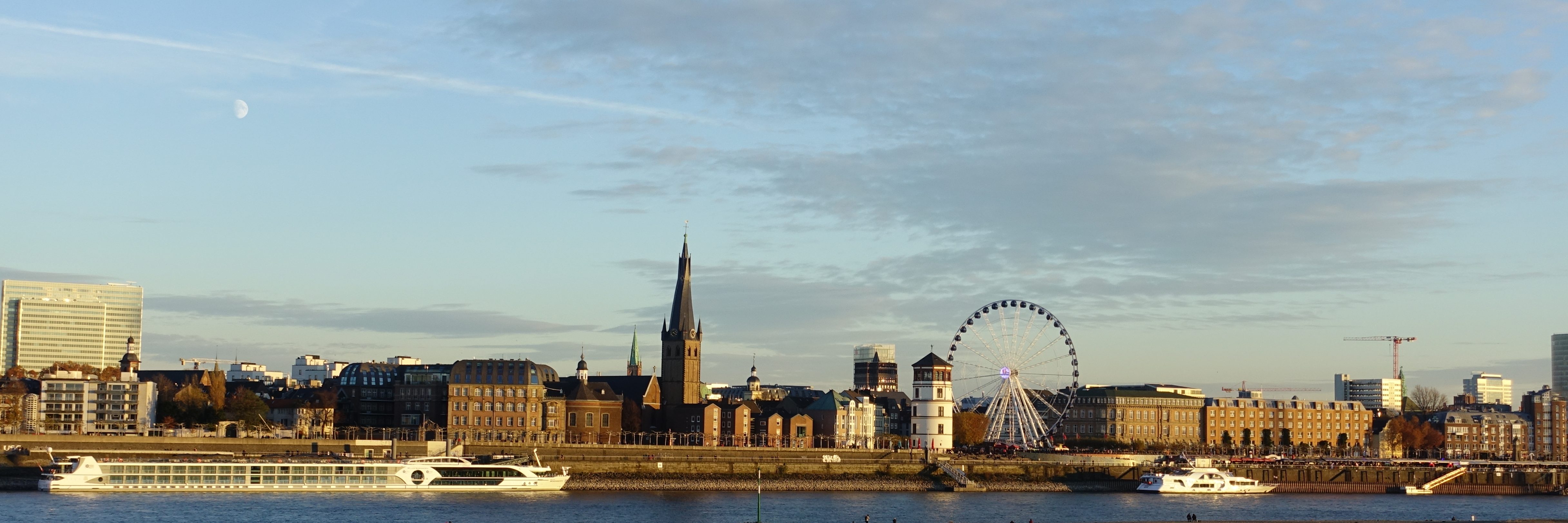
Readers of this blog will know of my furtive affection for abandoned totalitarian ideologies. And truly, there's hardly a better place on earth than Germany for people like me. Today's fiery plunge down the memory hole takes us to the book A Pathfinder of Socialist Library Science: For Erich Schroeter's 70th Birthday, published in 1964 as a special issue of the Central Journal for Library Science of the former German Democratic Republic. Above, we see Herr Schroeter.
A few moments in a book-stall in Berlin or Leipzig confronts you with an eerie truth: socialism was no mere "political" theory — yea, verily it seeped into the very capillaries of East German social life. My library boasts a history of blacks in America, a sex manual, and a biography of Beethoven — all written proudly and unmistakably from the perspective of class struggle (Beethoven's chamber works are praised for their "dialectic" character). If I had had room in my luggage, I would also have brought home socialist exercise videos, economics textbooks, campfire-song collections, and design manuals.
Which brings us to libraries. Can they help build socialism? The answer, according to this handsome Festschrift, is a resounding "Jawohl, Genosse!" Contributors who stress the central ideological role of libraries include Margarete Silberberg ("On New Men and New Book Collections"), Bodo Reblin ("The Antifascist-Democratic Concept of a Library in the Periodical 'The People's Librarian'"); Christina Steinert ("Use of Space in the Central Library of the VEB Industrial Works in Karl Marx City") and Katharina Bamberger's ("The Library in the Lovely Socialist Village"). More mundane contributions include Lisgreth Schwarz's "On the Importance of the Central Publication of Annotated Preprinted Forms for General Public Libraries" or Johannes Lohmann's remorselessly informative "Ten Years of Library Statistics."
As befits a Festschrift, the opening chapters detail Erich Schroeter's early life. Born in Breslau in 1894, his father soon moved the family to Berlin. They were working-class: his father threw packages in a freight company, and his mother took in sewing to make ends meet. While he went to school, Schroeter worked as a typist for a notary, and as an errand-boy in a typewriter factory. He completed an apprenticeship as an engineer. When he was twenty, his career was interrupted by the "first imperialist world war," during which he was severely injured. When he returned to his job, he began to interest himself more and more for labor issues, and to fill the gaps in his education by visiting the library in Neukoelln — then, as now, a social burning point. The library director, Dr. Helene Nathan, took an interest in him. Nathan eventually arranged a position for Leipzig as a formal apprentice in library science.
Schroeter returned to Berlin in 1929, after passing the "Examination for Employment in Popular Libraries," and took up an official position at the Neukoelln library, just as the Great Depression reached Germany. "Thousands of unemployed people thronged the streets," he recalls, and many of them resorted to the library to kill all those useless hours. Schroeter describes his efforts to reach out politically to the unemployed:
In the Neukoelln city library, the checkout counter…was split into two areas: one for the proletariat, and one for the bourgeoisie. I myself was always at the checkout counter to advise the the proletarian group. As soon as I detected in young people or adults an special interest in political literature or other special subjects, I spoke to them, and let them know of the information evenings I was holding in the nearby branch library…. This direct work with individual readers provided me with enormous satisfaction, and — since we quite consciously emphasized very progressive literature, and also political literature — this also provided valuable experience in political work with the masses. (p. 13)
To be continued…
